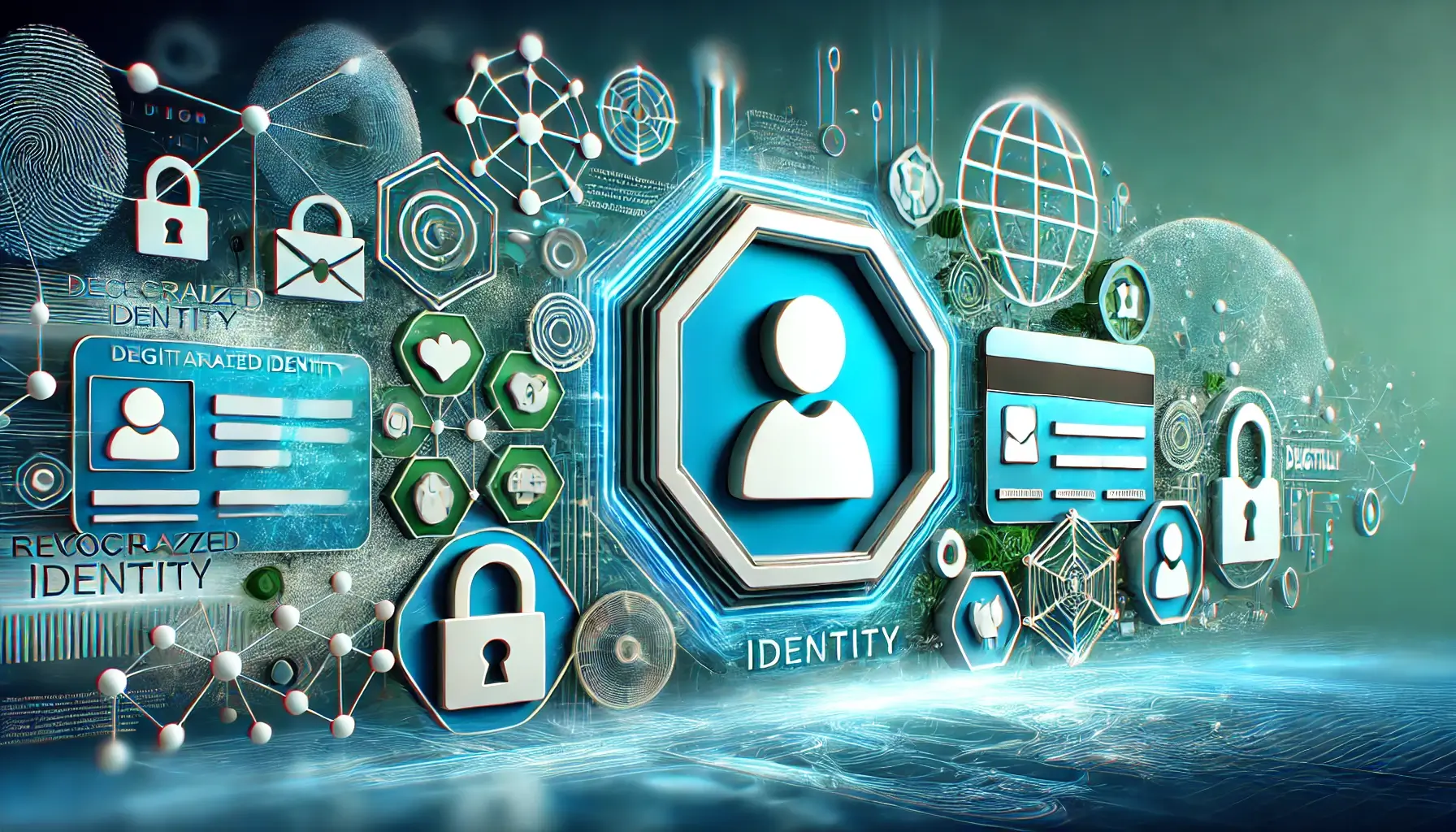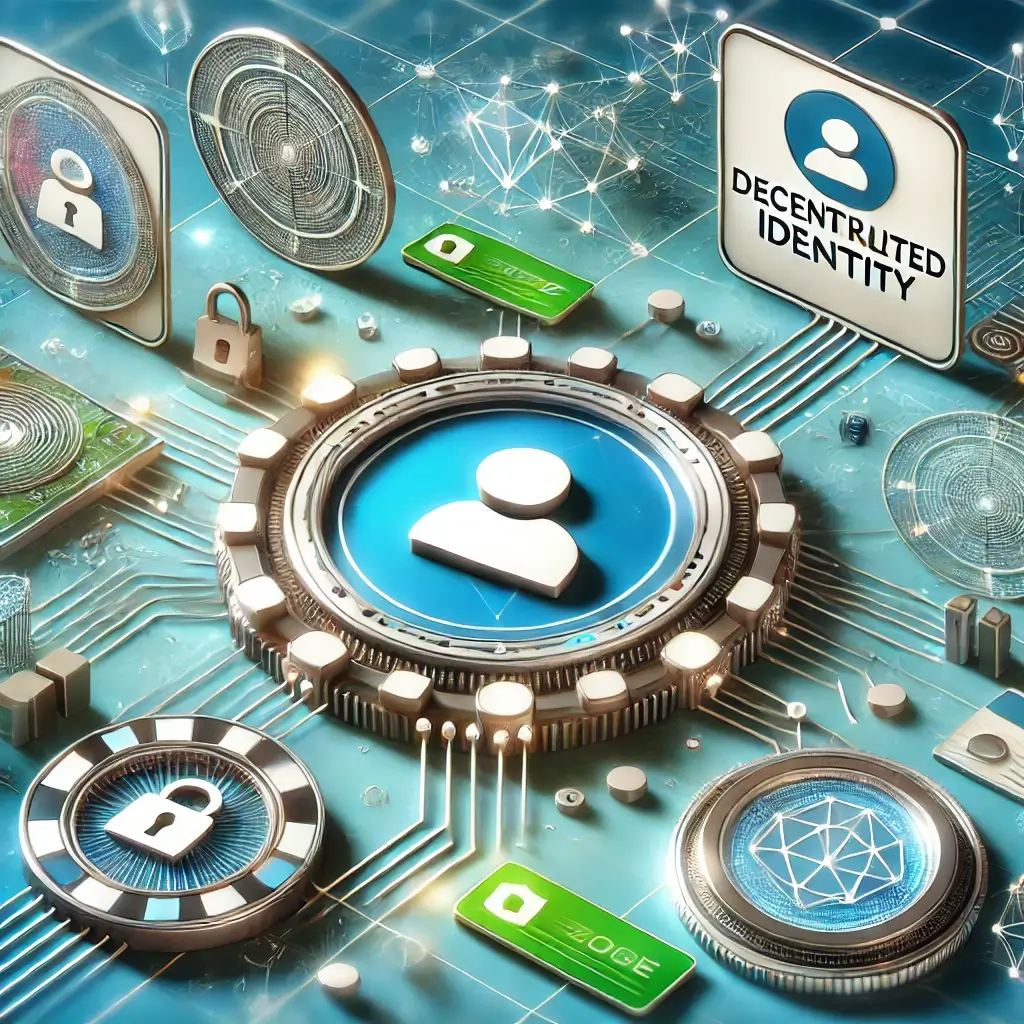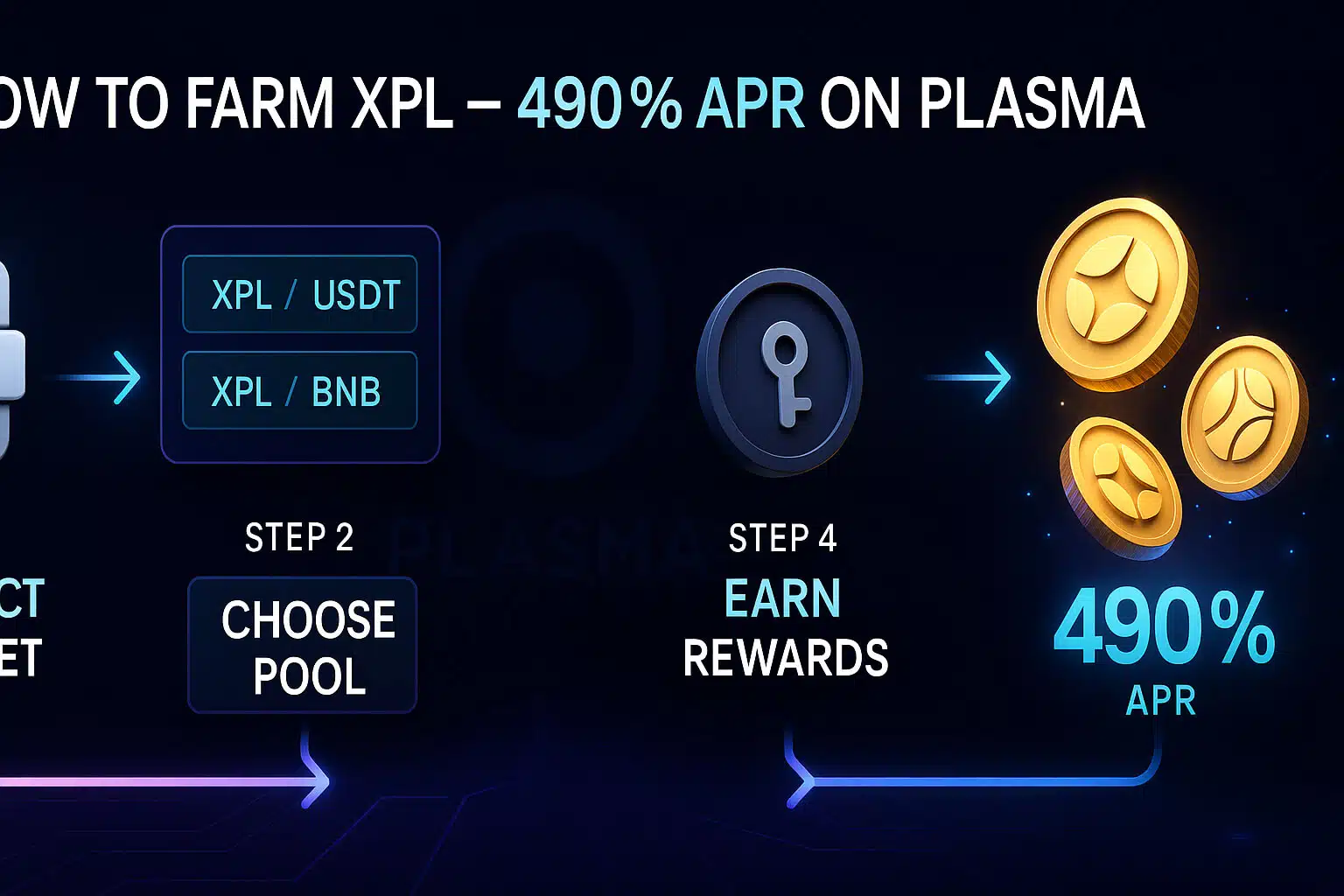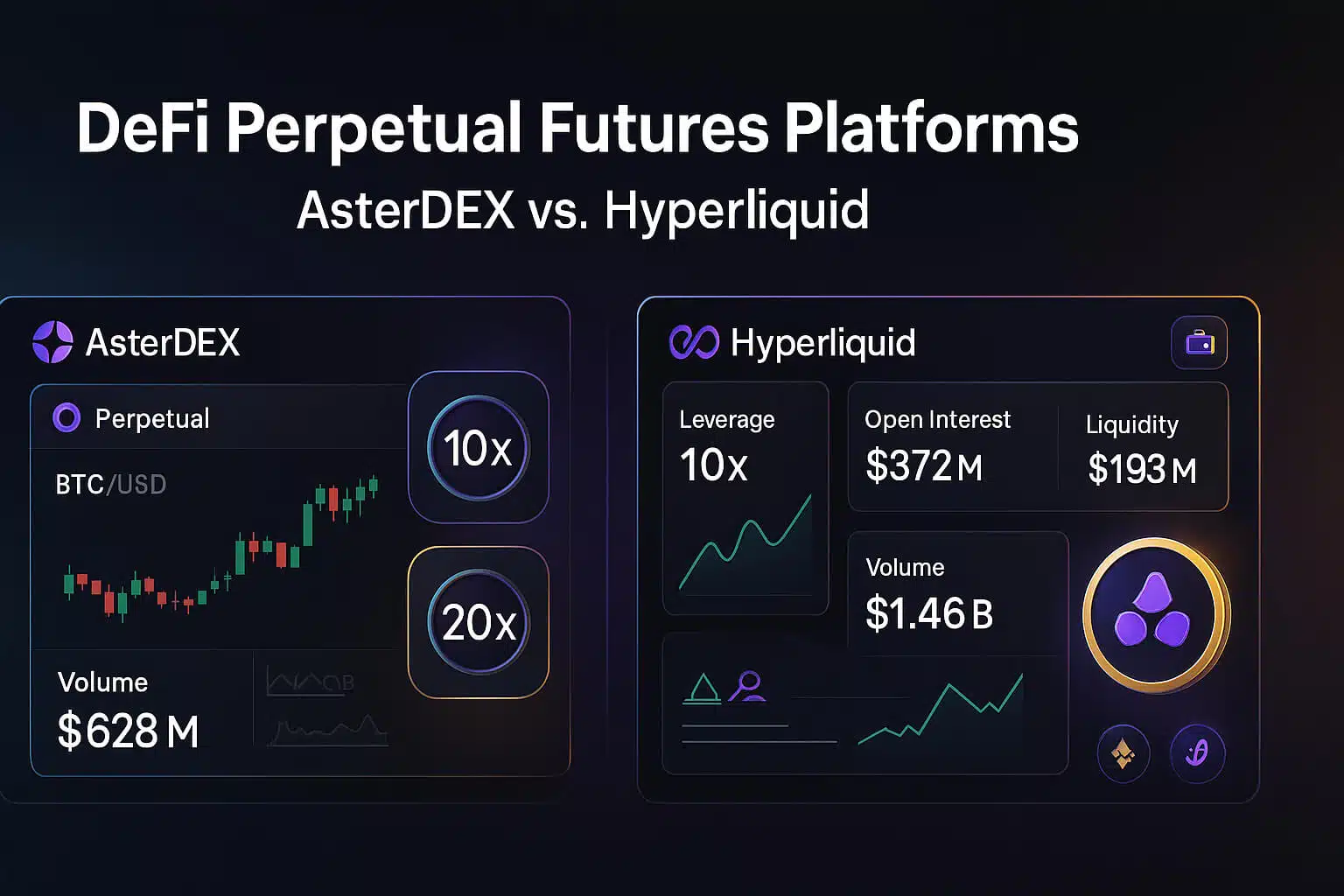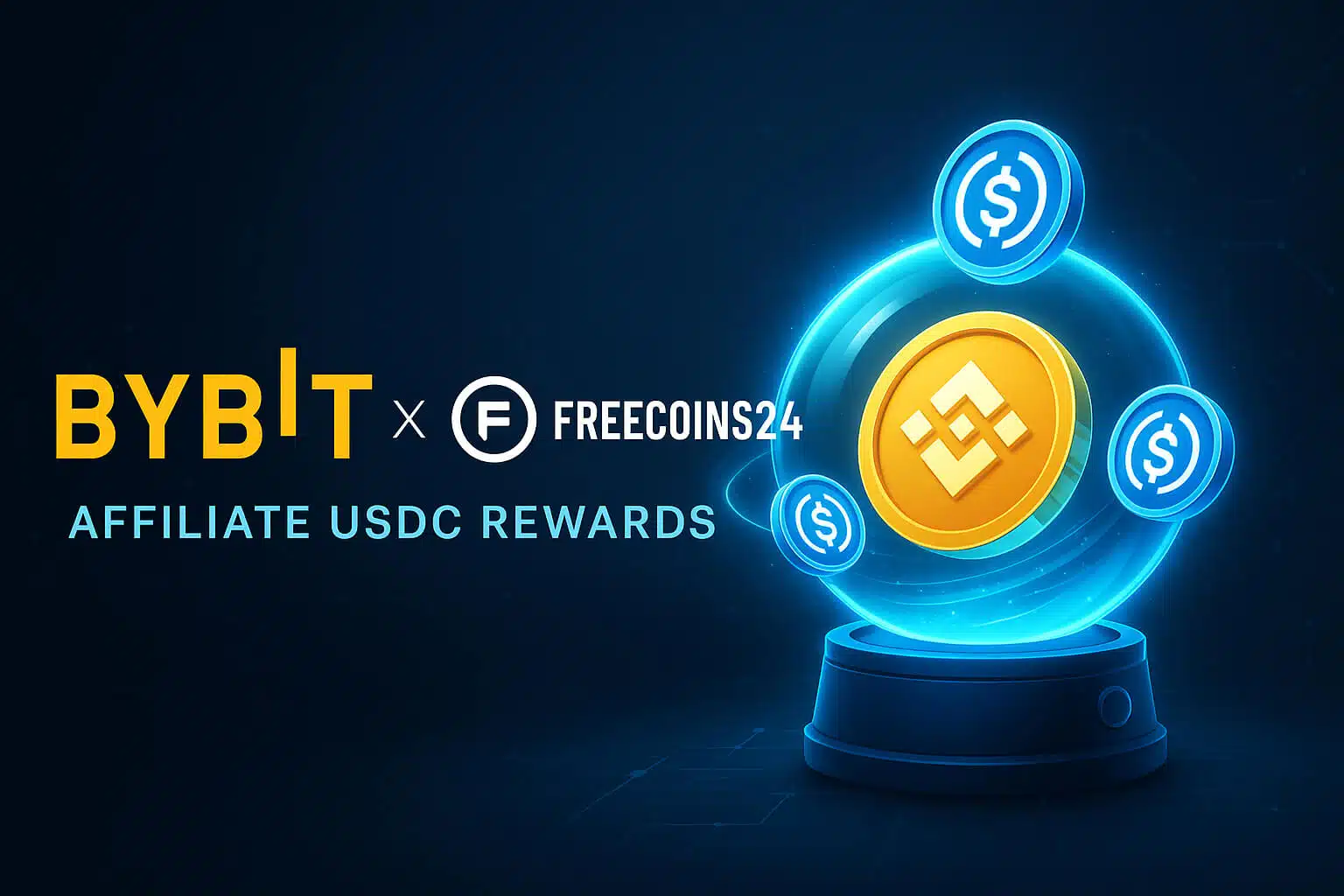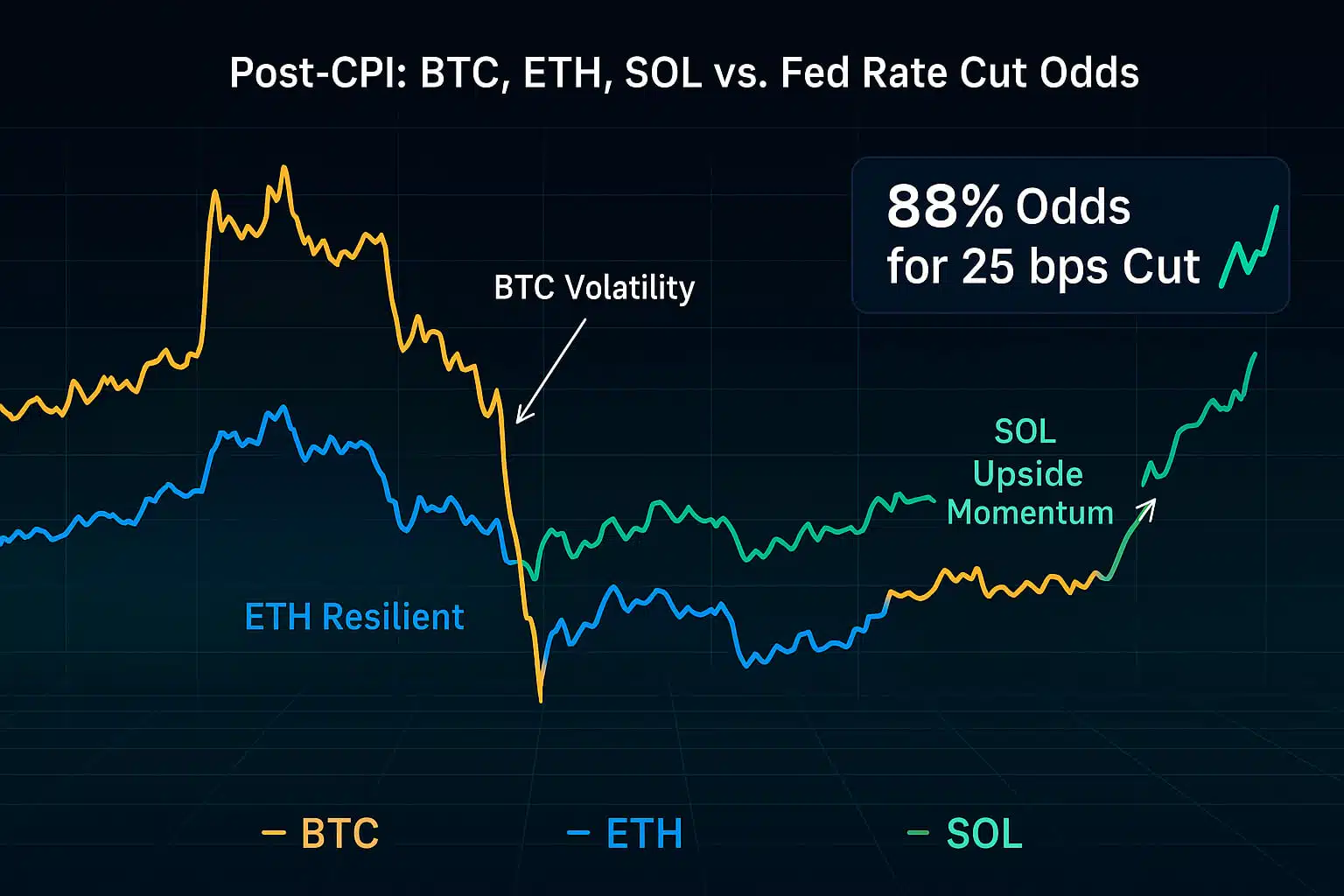Decentralized Identity: Revolutionizing Digital Authentication
As the digital world expands, the need for secure, private, and user-controlled identities has become increasingly important. Decentralized identity, powered by blockchain technology, offers a revolutionary approach to managing digital identities. This guide explores what it is, its benefits, and how it transforms the way we authenticate and manage personal information online.
What is Decentralized Identity?
Also known as self-sovereign identity, is a digital identity that individuals own and control without relying on a central authority. Unlike traditional systems, where a central entity manages and verifies identities, this approach leverages blockchain technology to enable secure and private identity management directly by the user.
How Does It Work?
Decentralized identity works through a combination of blockchain technology and cryptographic principles:
- Decentralized Identifiers (DIDs): Unique identifiers created and managed on a blockchain, which users can use to interact with various services without revealing personal information.
- Verifiable Credentials: Digital certificates that prove certain attributes or claims about an individual (e.g., age, citizenship) without exposing the underlying data.
- Blockchain: A decentralized ledger that records and verifies DIDs and verifiable credentials, ensuring security and immutability.
Benefits
- User Control: Individuals have full control over their digital identities and can choose what information to share and with whom.
- Privacy: Reduces the risk of data breaches by minimizing the amount of personal information stored in centralized databases.
- Security: Blockchain technology ensures the integrity and immutability of identity data, making it resistant to tampering and fraud.
- Interoperability: These systems can interact seamlessly with various platforms and services, enhancing usability and convenience.
Applications
Decentralized identity has numerous applications across various sectors:
- Financial Services: Enabling secure and private identity verification for banking, lending, and crypto exchanges.
- Healthcare: Managing patient records and health credentials securely and privately.
- Voting Systems: Ensuring secure and anonymous voting in elections.
- E-Commerce: Providing secure identity verification for online transactions and customer authentication.
- Education: Issuing and verifying academic credentials securely.
Examples of Projects
- Microsoft ION: A decentralized identity network built on the Bitcoin blockchain.
- Sovrin: A global decentralized identity network that provides self-sovereign identity solutions.
- uPort: A decentralized identity platform that allows users to create and manage their digital identities.
Challenges and Limitations
- Adoption: Widespread adoption requires changes in existing systems and user behavior.
- Regulatory Uncertainty: The regulatory environment for decentralized identity is still evolving, and compliance with various laws and regulations can be complex.
- Technical Complexity: Implementing these systems requires advanced technical knowledge and infrastructure.
The Future
The future looks promising as more organizations and governments recognize its potential. Innovations in blockchain technology and increasing awareness of privacy issues will drive the adoption of decentralized identity solutions. As these systems mature, they will offer more secure, private, and user-friendly ways to manage digital identities.
Enhance Your Crypto Trading with Bybit
For a superior crypto trading experience, consider Bybit. By using this referral link, you can access rewards up to $30,000. Bybit offers advanced trading features, a user-friendly interface, and robust security measures, making it an excellent choice for both beginners and experienced traders.
Final Thoughts
Decentralized identity represents a significant advancement in digital identity management. By leveraging blockchain technology, it offers a secure, private, and user-controlled way to manage personal information online. As the technology evolves, decentralized identity will play a crucial role in enhancing privacy and security in the digital world.
Stay Updated
For the latest airdrops and crypto news, follow us on:


